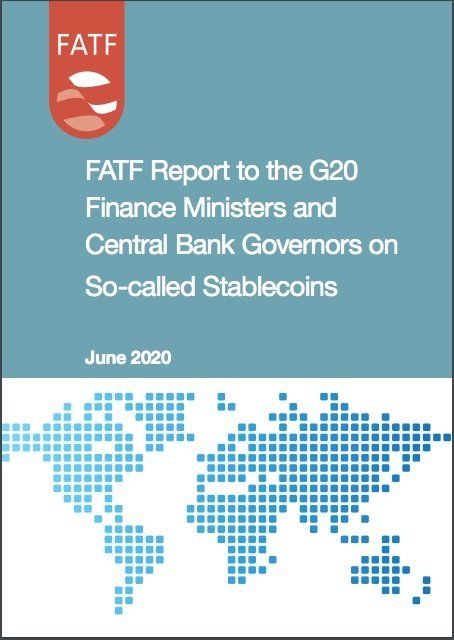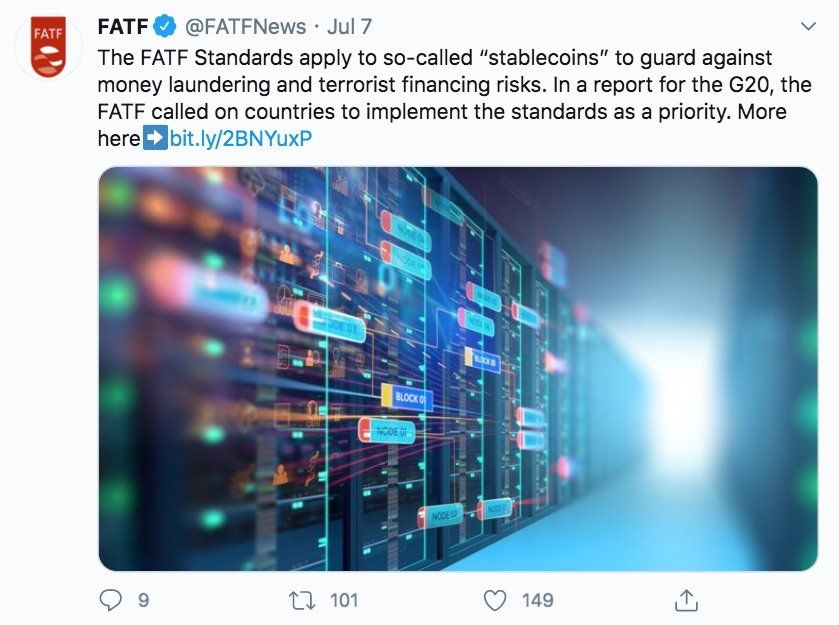Blog Layout
Global Stablecoins Face Increasing Regulatory Scrutiny
PAR002_123 • Jul 08, 2020
The Financial Action Task Force (FATF) Calls for Implementation of Revised Standards on Global Stablecoins
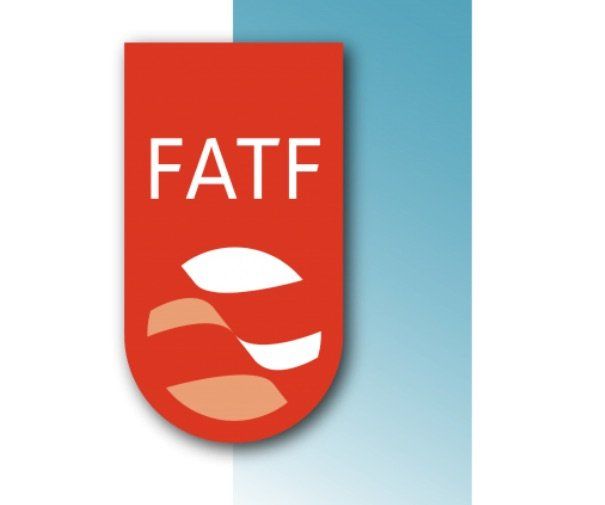
FATF Report to G20 on So-Called Stablecoins Paris, 7 July 2020
Stablecoins have the potential to spur financial innovation and efficiency and improve financial inclusion. While stablecoins have so far only been adopted on a small-scale, new proposals have the potential to be mass-adopted on a global scale, particularly where they are sponsored by large technology, telecommunications or financial firms.
In October 2019, the G20 asked the FATF to consider the AML/CFT issues relating to so-called stablecoins, particularly “global stablecoins” (i.e. those with potential for mass-adoption). This report sets out the FATF’s analysis of the AML/CFT issues relating to so-called stablecoins.
The report sets out the FATF’s views on stablecoins and addresses the following:
- What the characteristics of so-called Stablecoins are (Section 1)
- What the money laundering and terrorist financing risks of so-called Stablecoins are (Sections 2 and 4)
- How the FATF Standards apply to so-called Stablecoins and the different businesses involved in the so-called Stablecoin (Section 3); and
- How the FATF plans to enhance the global anti-money laundering and counter-terrorism financing framework for virtual assets and so-called Stablecoins (Section 5).
The report was completed simultaneously with a 12-month review of the implementation of revisions to the FATF Standards. In June 2019, the FATF strengthened its Standards to clarify the application of anti-money laundering and counter- terrorist financing requirements on virtual assets and virtual asset service providers. The FATF’s 12-month review of these revisions complement the findings of this report. In particular, the FATF calls on all jurisdictions to implement the revised FATF Standards as a matter of priority. The first step to ensuring an effective global response to so-called Stablecoins, and virtual assets more broadly, is ensuring that the FATF’s pre-existing Standards are transposed into domestic law and operationalised.
FATF has called on all jurisdictions to implement the revised FATF standards on virtual assets and VASPS (Virtual Asset Service Providers) as a matter of priority
According to the new document revised by the global body, stablecoins are now defined as either virtual assets or traditional financial assets.
Under its jurisdiction, FATF identified 3 areas where stablecoins and virtual assets may pose risks:
Anonymity
– VASPs must identify customers and maintain transaction records
Global Reach
– The FATF ‘travel rule’, which mandates that VASPs obtain, hold and exchange information about the originators and beneficiaries of virtual asset transfers
Layering
– This is multiple layering of illicit funds within a short timeframe to disguise origin of funds
Potential for Mass Adoption
– While currently relatively small, FATF recommends the same level of trust and security integration with existing providers
- The FATF calls on all jurisdictions to implement the revised FATF Standards on virtual assets and VASPS as a matter of priority
- The FATF will review the implementation and impact of the revised Standards by June 2021 consider whether further updates are necessary. This will include monitoring the risks posed by virtual assets, the virtual asset market, and proposals for arrangements with potential for mass-adoption that may facilitate anonymous peer-to-peer transactions
- The FATF will provide guidance for jurisdictions on so-called Stablecoins and virtual assets, as part of a broader update of its Guidance. This will set out in more detail how AML/CFT controls apply to so-called Stablecoins, including the tools available to jurisdictions to address the ML/TF risks posed by anonymous peer-to-peer transactions via unhosted wallets
- The FATF will enhance the international framework for VASP supervisors to co-operate and share information and strengthen their capabilities, in order to develop a global network of supervisors to oversee these activities
FATF however advised that the revised standards do not directly place AML / FT obligations on users of virtual assets if they are not financial institutions or VASPS. The revised FATF standards typically only apply to intermediaries such as banks, money service businesses and VASPS.
The standards and controls would thus only explicitly apply when a person interacts with an AML/CT-obliged entity identify their customers and verify their identity as part of the normal customer due diligence.
The new rules impose anti-money-laundering and know-your-customer requirements on Stablecoin issuers like Tether as well as new endeavours such as Libra, an association started by Facebook Inc. to develop Global Stablecoins. Stablecoin providers, as well as exchanges that support the coins, would have to set up processes for monitoring transactions, investigations and regulatory filings.
For exchanges that are already serious about compliance, this is not going to be a huge change.
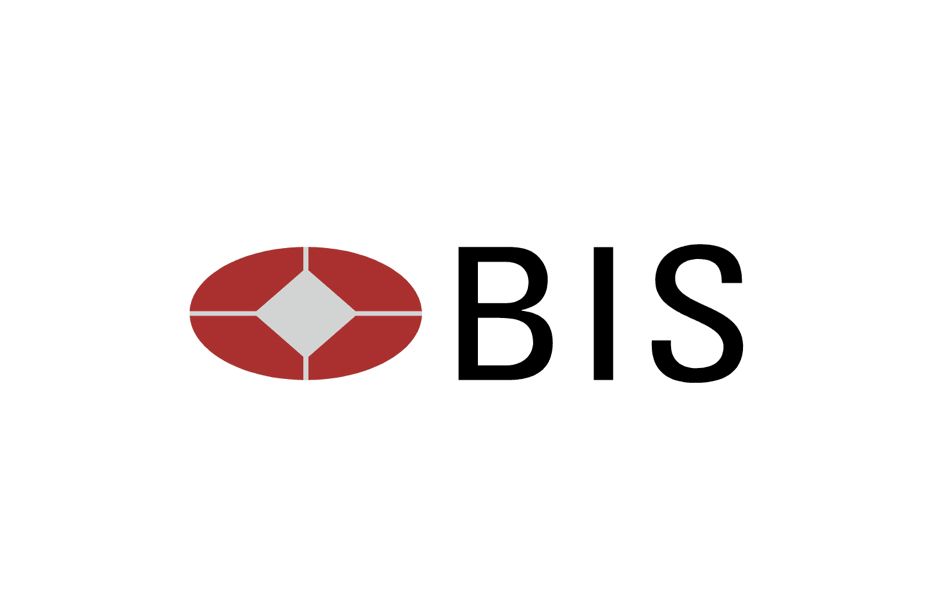
07 Mar, 2024
In response to the increasing prominence of global stablecoins (GSCs) and their potential implications for financial stability, the Bank for International Settlements (BIS) has introduced a comprehensive set of recommendations aimed at regulating and supervising these widely adopted digital assets.
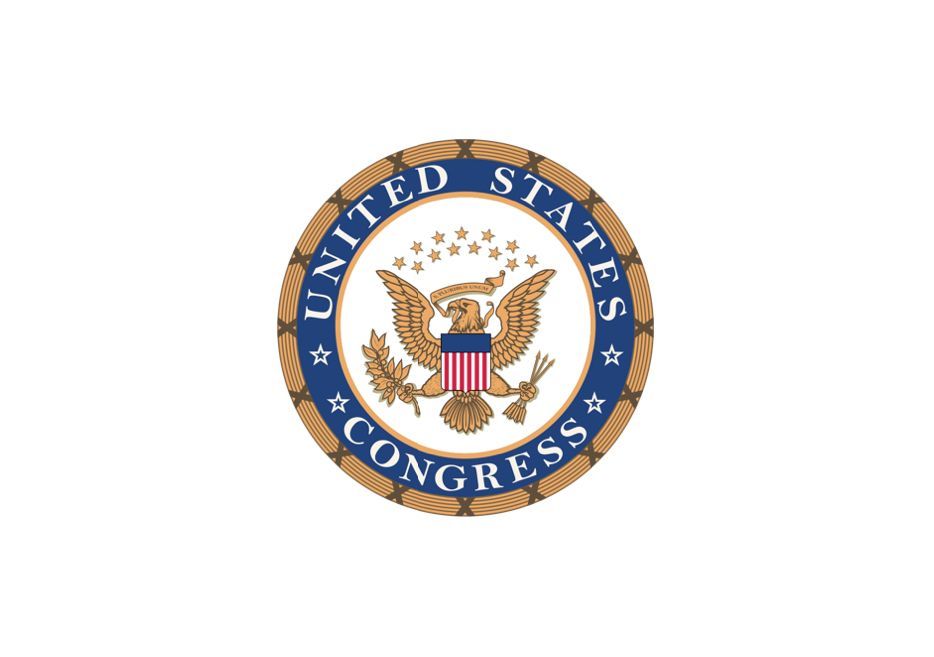
29 Jul, 2023
In a noteworthy development within the U.S. Congress, a long-awaited stablecoin bill made significant progress as it graduated from the House Financial Services Committee. However, the advancement of the Republican-backed bill was marred by a partisan clash and objections from the White House, leaving the committee chair, Patrick McHenry (R-N.C.), lamenting the missed opportunity for a bipartisan deal.

13 Jul, 2023
A new crypto oversight bill reintroduced by Senators Cynthia Lummis and Kirsten Gillibrand is making waves in the U.S. Senate. The bill proposes that crypto exchanges be overseen by the Commodity Futures Trading Commission (CFTC) rather than the U.S. Securities and Exchange Commission (SEC). Additionally, it calls for all stablecoin issuers to be regulated depository institutions. This bill represents a significant effort to establish U.S. regulation for the crypto industry and addresses the division of oversight between the SEC and CFTC.
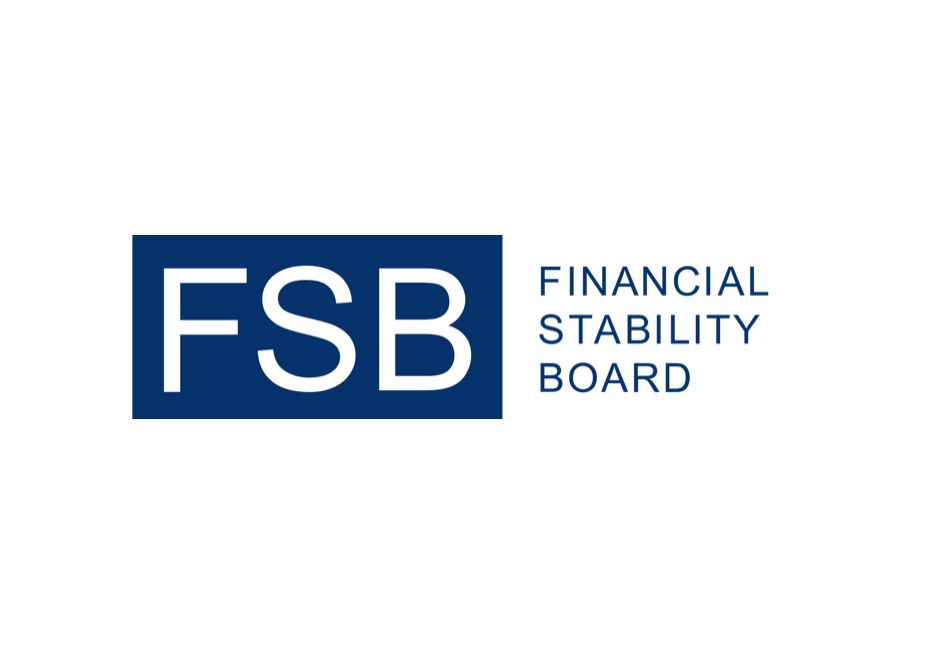
13 Jul, 2023
In preparation for the upcoming G20 Finance Ministers and Central Bank Governors meeting in India, Klaas Knot, Chair of the Financial Stability Board (FSB), has highlighted the recent banking turmoil and the FSB's commitment to learning valuable lessons from these events. In a letter addressed to the G20 officials, Knot emphasized the importance of addressing risks associated with crypto-assets and global stablecoin arrangements, as well as providing updates on efforts to tackle climate-related financial risks.
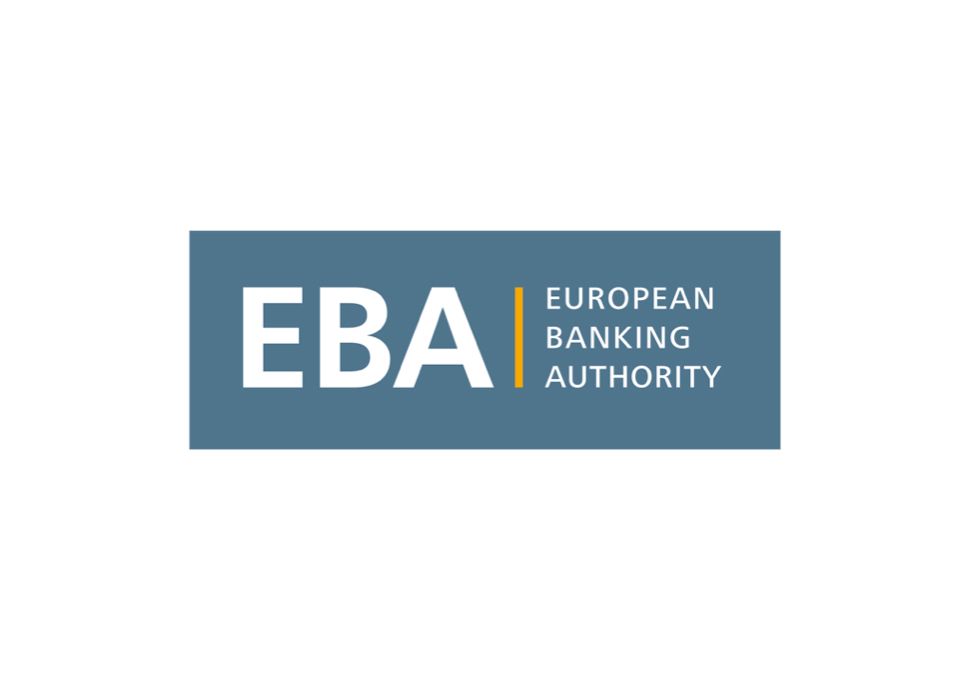
12 Jul, 2023
E-Money Token (Stablecoin) issuers have been advised to proactively prepare for the forthcoming regulations set by the European Union, according to the European Banking Authority (EBA). Although the rules of the Markets in Crypto Assets (MiCA) framework will officially come into effect in June 2024, the EBA emphasised the importance of early preparation to protect consumers and avoid disruptions for companies. The MiCA regulation includes provisions on governance, reserve requirements, and licensing for crypto wallet providers and exchanges.
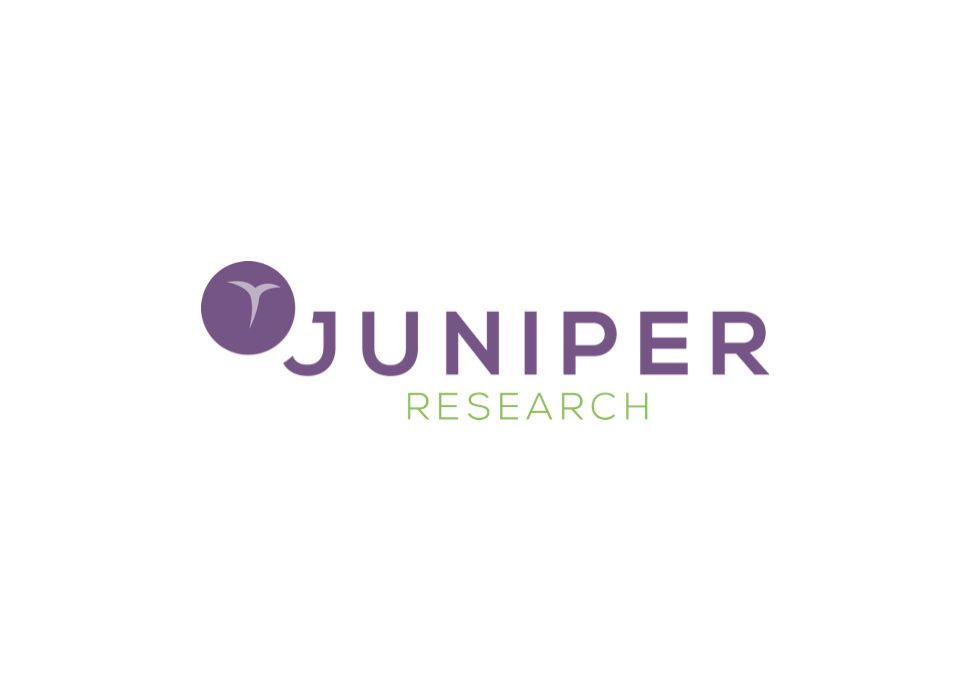
12 Jul, 2023
According to a recent study by Juniper Research, the value of payment transactions made with stablecoins is predicted to surpass $187 billion by 2028, a significant increase from $53 billion in 2023. The study, titled "CBDCS & STABLECOINS: KEY OPPORTUNITIES, REGIONAL ANALYSIS & MARKET FORECASTS 2023-2030," highlights the rapid progress of stablecoins in the cross-border market, where they offer an alternative to slow, expensive, and difficult-to-track existing payment systems.
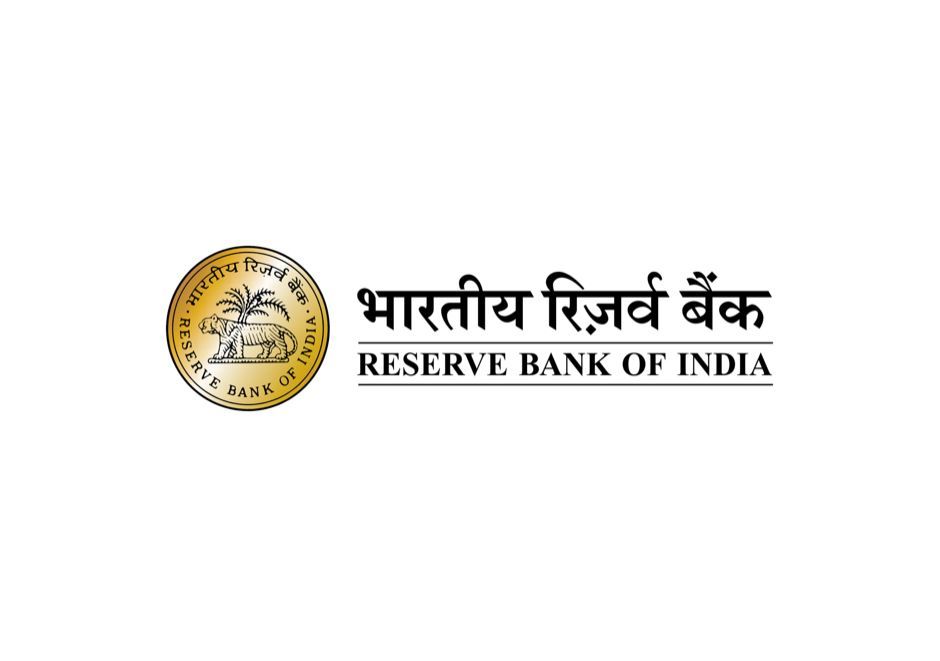
12 Jul, 2023
Reserve Bank of India (RBI) Deputy Governor T Rabi Sankar expressed India's concerns about stablecoins, emphasising their potential threat to policy sovereignty. In a speech at a banking event, Sankar called for a global financial system based on central bank digital currencies (CBDCs) issued by each country for settling global payments. He highlighted the importance of CBDCs in maintaining financial stability and independence, stating, "We should ideally aim for a global financial system which rests on central bank digital currencies (CBDCs) issued by each country to settle global payments, and not rely on stablecoins."
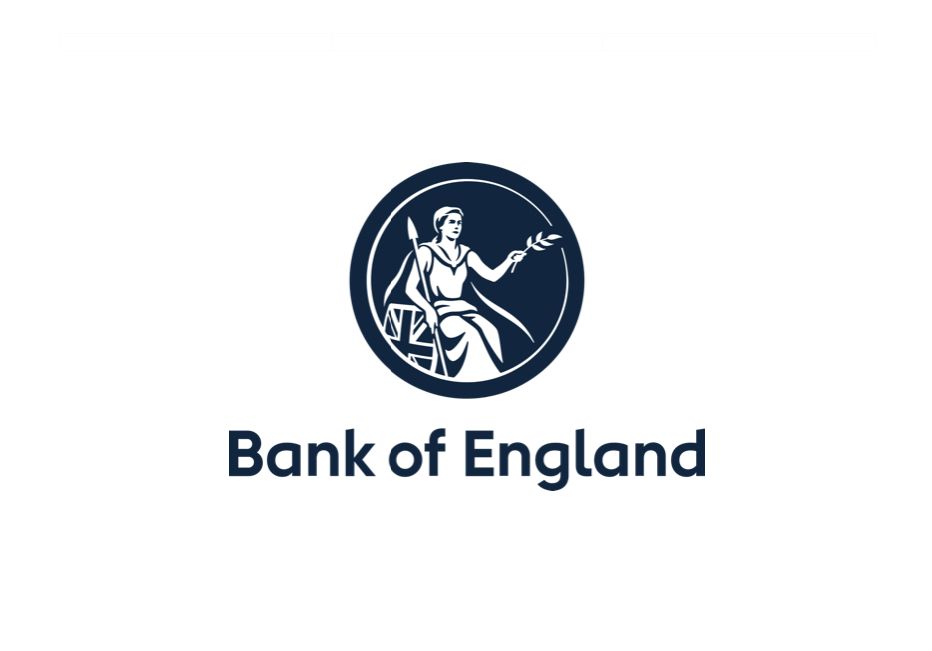
11 Jul, 2023
In a speech delivered on July 10, Bank of England (BOE) Governor Andrew Bailey shared his perspective on digital currencies, highlighting the potential of "enhanced digital money" while expressing reservations about cryptocurrencies and stablecoins. Bailey emphasised the need for regulatory oversight, stability, and usability in the evolving financial landscape.
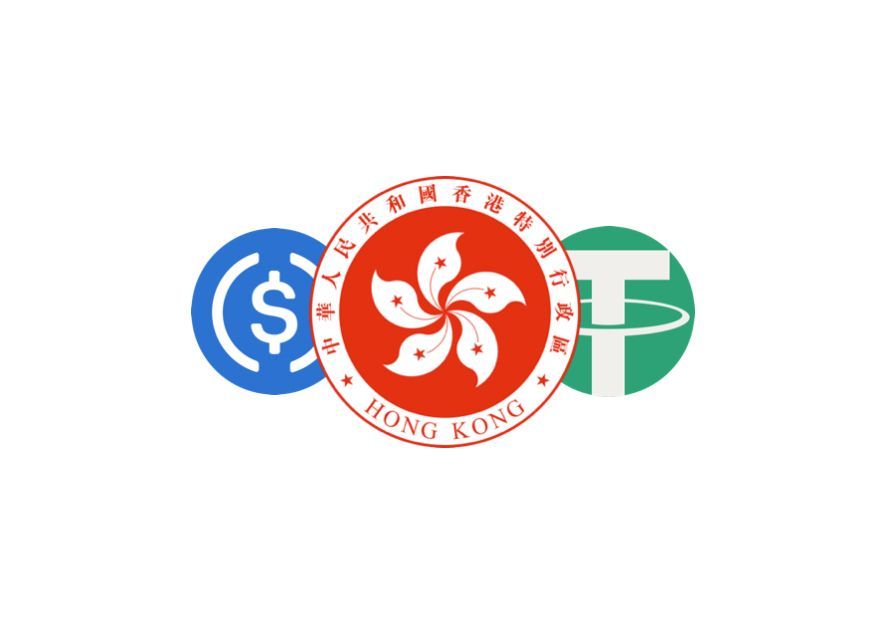
06 Jul, 2023
In a move that could reshape the global stablecoin market, Hong Kong is considering the launch of its own stablecoin, HKDG, to rival established stablecoins such as USDT and USDC. This groundbreaking proposal, co-authored by prominent figures in academia and industry, including Vice Chancellor Wang Yang and angel investor Cai Wensheng, aims to enhance Hong Kong's position in the digital currency landscape and assert its leadership in the blockchain sector.
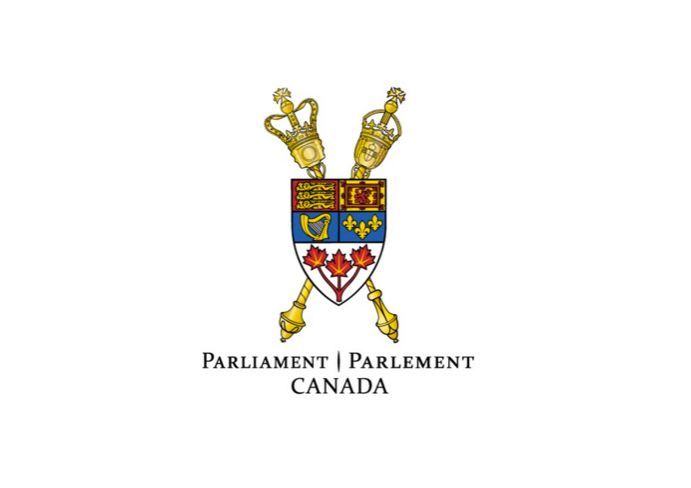
30 Jun, 2023
Canadian lawmakers have published a groundbreaking report that defends and supports the crypto industry, calling for the recognition of blockchain as a growing sector with the potential to drive job creation and economic growth. The report, which includes 16 recommendations, has garnered praise from industry participants, including leading cryptocurrency exchange Coinbase.
Disclaimer:
GlobalStablecoins.com is an informational website that provides news about coins, blockchain companies, blockchain products and blockchain events. Don’t take it as investment advice. Speak to an advisor before you risk investing in an ICO, Cryptocurrencies, Cryptoassets, Security Tokens, Utility Tokens, Exchange Tokens, Global Stablecoins, Stablecoins or eMoney Tokens. GlobalStablecoins.com is not accountable, directly or indirectly, for any damage or loss incurred, alleged or otherwise, in connection to the use or reliance of any content you read on the site.
Affiliate Disclosure / Sponsored Posts:
If a Sponsored Post contains any mention of a crypto project, we encourage our readers to conduct diligence prior to taking further action. GlobalStablecoins.com does not recommend that any cryptocurrency should be bought, sold, or held by you. Do conduct your own due diligence and consult your financial advisor before making any investment decisions.
GlobalStablecoins.com may receive compensation for affiliate links. Should you perform activities in relation to an affiliate link, it is understood that some form of compensation might be made to GlobalStablecoins.com. For example, if you click on an affiliate link, and sign up and trade on an exchange, GlobalStablecoins.com may receive compensation.
Before you invest in Cryptoassets you should be aware of the following,
Cryptoassets are considered very high risk, speculative investments.
If you invest in Cryptoassets you should be prepared to lose all your money.
All Sponsored Posts are paid for by crypto projects, coin foundations, advertising firms, PR firms, or other marketing agencies. GlobalStablecoins.com is not a subsidiary of any marketing agency, nor are we owned by any crypto or blockchain foundation.
The purpose of offering Sponsored Posts to our advertisers is to help fund the day-to-day business operations at GlobalStablecoins.com.
If you come across a Sponsored Post which you believe is fraudulent and/or “scammy,” please contact us and we will perform an immediate investigation.
© 2024
All Rights Reserved | GlobalStablecoins.com

